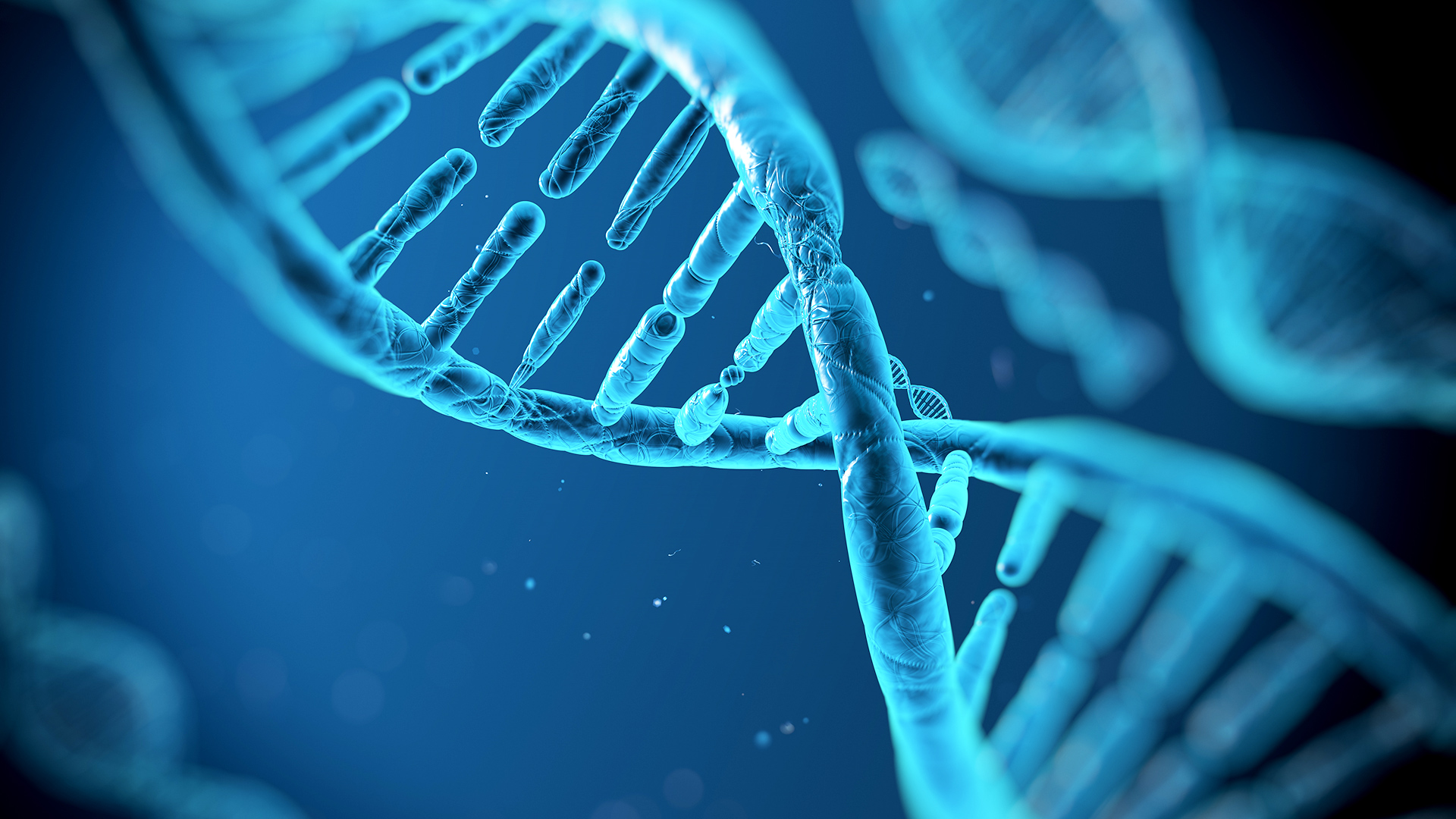Some positive news has come out of the Queen Mary University of London this month. Scientists have discovered the underlying genetic cause of Dyskeratosis Congenita (DKC).
Published in the Journal of Clinical Investigation, the researchers used the latest genetic sequencing methods to study 31 children with the disease and discovered a defect in the biological process known as deadenylation. This is the routine breakdown and recycling of the body’s messenger ribonucleic acid (mRNA) – the molecules which transcribe instructions from DNA to make proteins.
This is the first time a defect in the deadenylation process, controlled by the poly(A)-specific ribonuclease (PARN) gene, has been found to cause a genetic disease. Until now, scientists have believed that DC is caused by defective telomere maintenance (the caps of chromosomes that shorten with age). However, this research has shown that in some of these cases it’s the deadenylation deficiency which impacts the telomere maintenance, thereby causing the condition.
Source: Read more
The bottom line, is that these new finding should lead us very quickly to identifying the condition “definitively” in patients. Up until now, they have had several indicators, along with a broad set of symptoms, that has led them to be “fairly confident” that someone might have DKC. With these new findings, testing will be more direct, and will lead to a definitive yes or no answer as to whether a patient has DKC or not.
To Beth and I, this isn’t hugely impactful – today. But it is our hope that knowing the underlying condition with precision, will allow researchers to focus there efforts on curing this underlying condition. And to us, that represents the best hope so far in finding a cure.
As a side note, for those of you eager to share the excitement directly with the authors, they have put together this short video of their findings and their methodology. Needless to say, it requires a lot of understanding of the underlying medical conditions and terminology to fully comprehend – but I think you can pick up on the giddy excitement and joy of the findings regardless.


Thank you for sharing this great news!
Wow, a very important discovery!